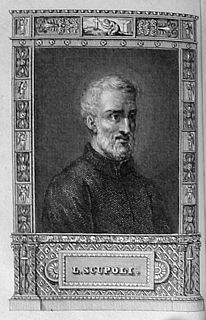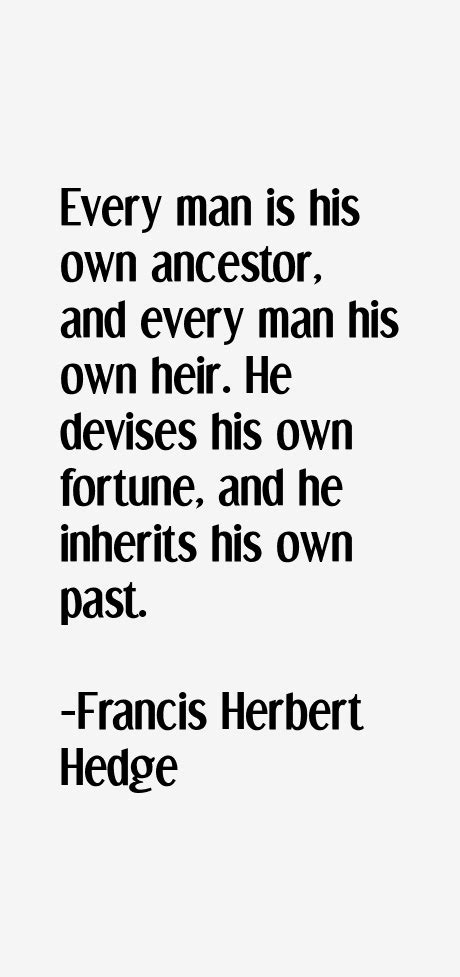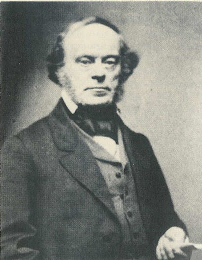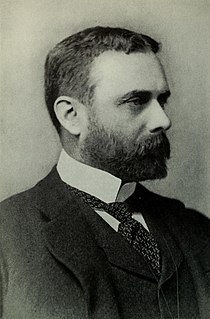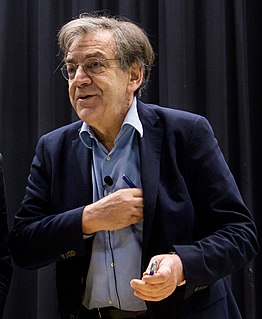A Quote by Duke Ellington
Related Quotes
Whilst a man is persuaded that he has it in his power to contribute anything, be it ever so little, to his salvation, he remains in carnal self-confidence; he is not a self-despairer, and therefore is not duly humbled before God, he believes he may lend a helping hand in his salvation, but on the contrary, whoever is truly convinced that the whole work depends singly on the will of God, such a person renounces his own will and strength; he waits and prays for the operation of God, nor waits and prays in vain
... if a man prays God for some virtue, and at the same time gives himself up to negligence, acquiring no definite means to gain this virtue, and making no effort towards it, truly this man tempts God, rather than prays. Thus the divine James says: 'The effectual prayer of a righteous man avails much' (Jms. 5:16). What avails to make prayer effective? is when, besides begging a saint to pray for him about something, the man also prays about it himself and with all diligence does everything necessary for obtaining his request.
To Mercy Pity Peace and Love All pray in their distress, And to these virtues of delight Return their thankfulness. For Mercy Pity Peace and Love Is God our father dear. And Mercy Pity Peace and Love Is Man his child and care. Then every man of every clime That prays in his distress Prays to the human form divine: Love Mercy Pity Peace. And all must love the human form In heathen, Turk, or Jew. Where Mercy, Love and Pity dwell There God is dwelling too.
Where no man thinks himself under any obligation to submit to another, and, instead of co-operating in one great scheme, every one hastens through by-paths to private profit, no great change can suddenly be made; nor is superior knowledge of much effect, where every man resolves to use his own eyes and his own judgment, and every one applauds his own dexterity and diligence, in proportion as he becomes rich sooner than his neighbour.
A man who prays without ceasing, if he achieves something, knows why he achieved it, and can take no pride in it... for he cannot attribute it to his own powers, but attributes all his achievements to God, always renders thanks to him and constantly calls upon him, trembling lest he be deprived of help.
Each man is contained and constrained, on entering social life, to fit his own life in, just as he fits his words and thoughts into a language that was formed without and before him and which is impervious to his power. Entering the game, as it were, whether of belonging to a nation or of using a language, a man enters arrangements which it does not fall to him to determine, but only to learn and respect the rules.





